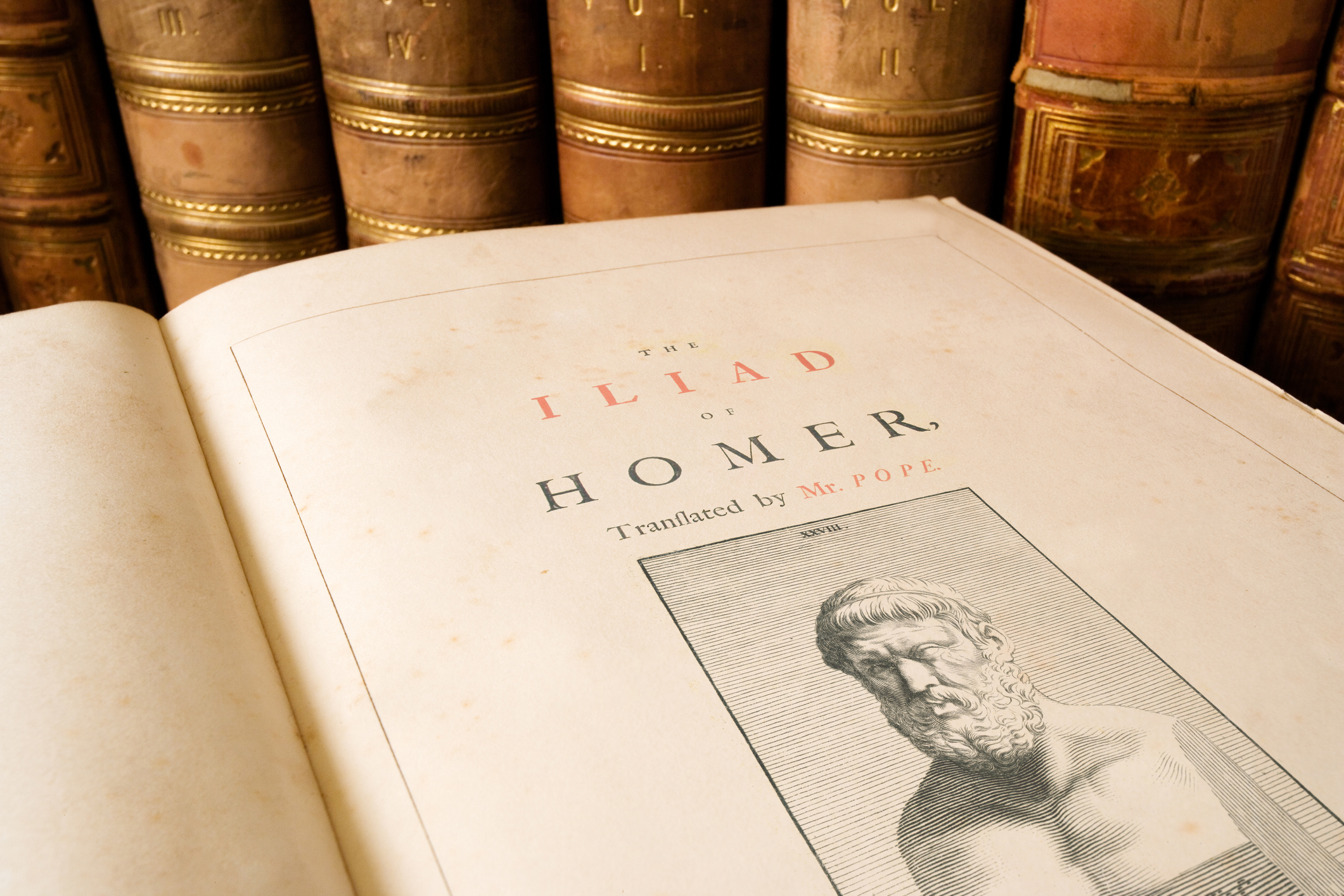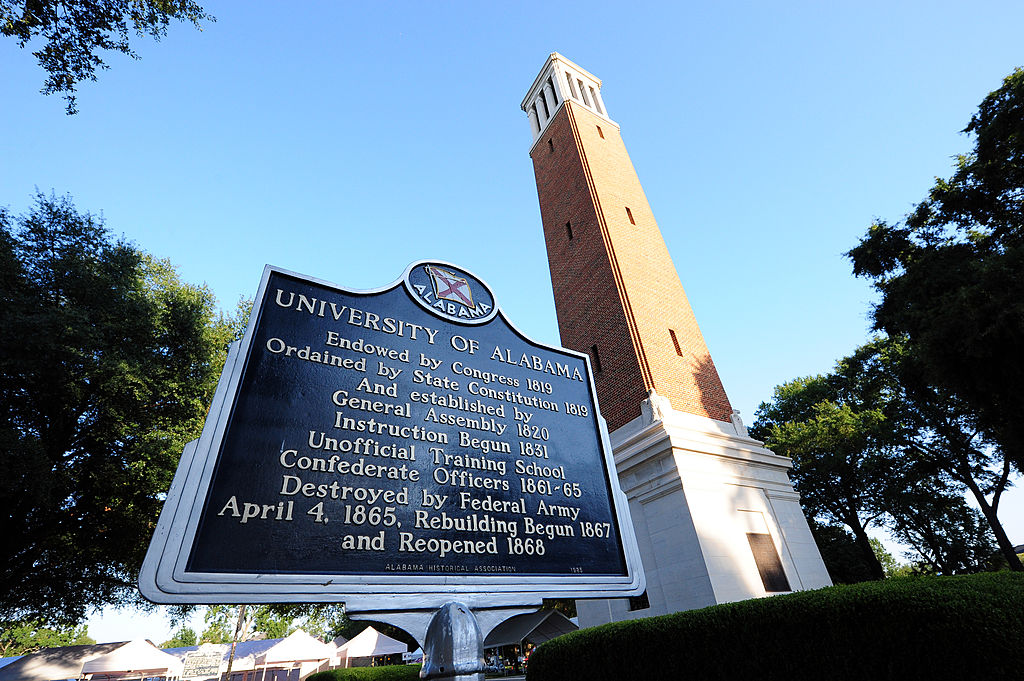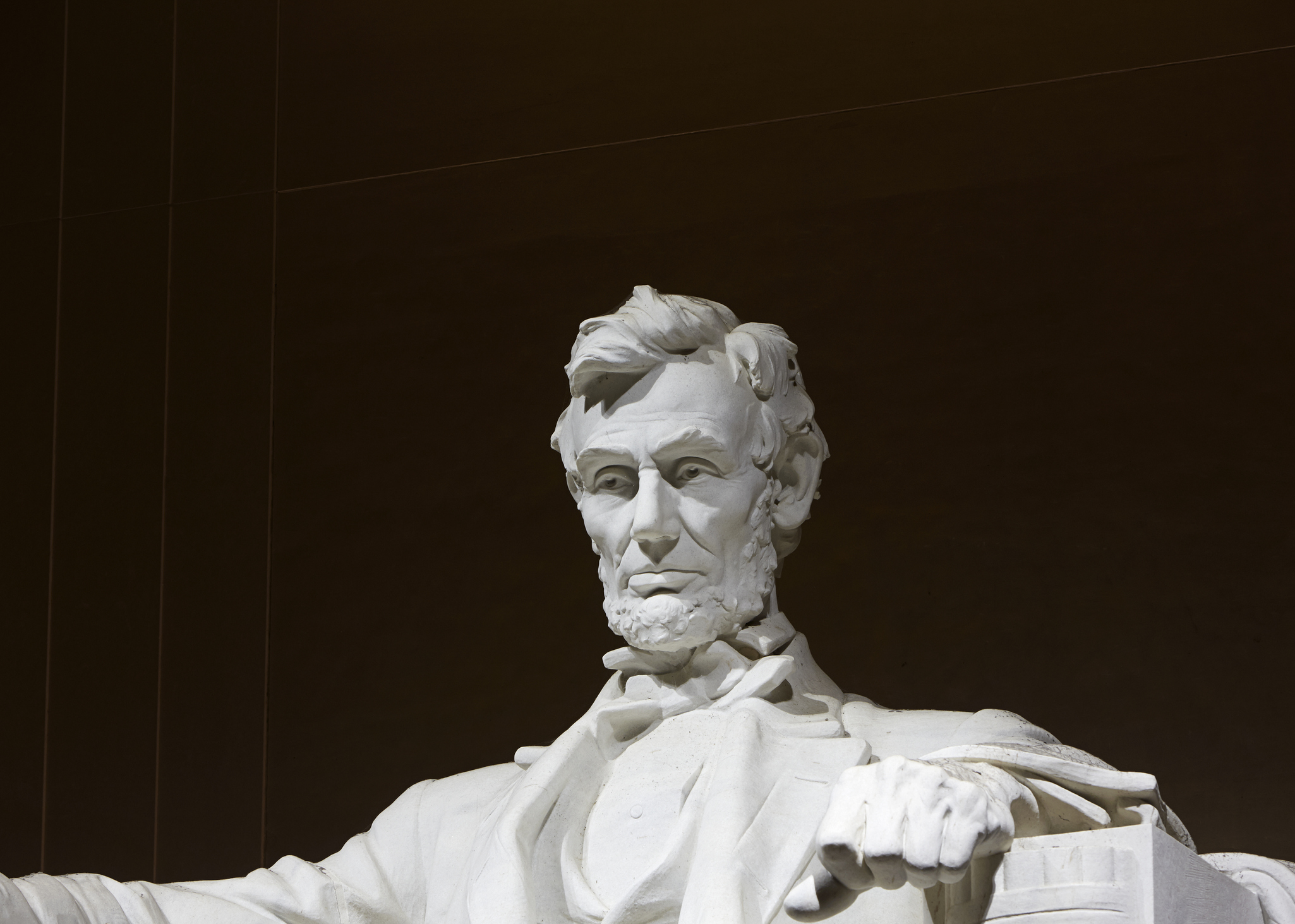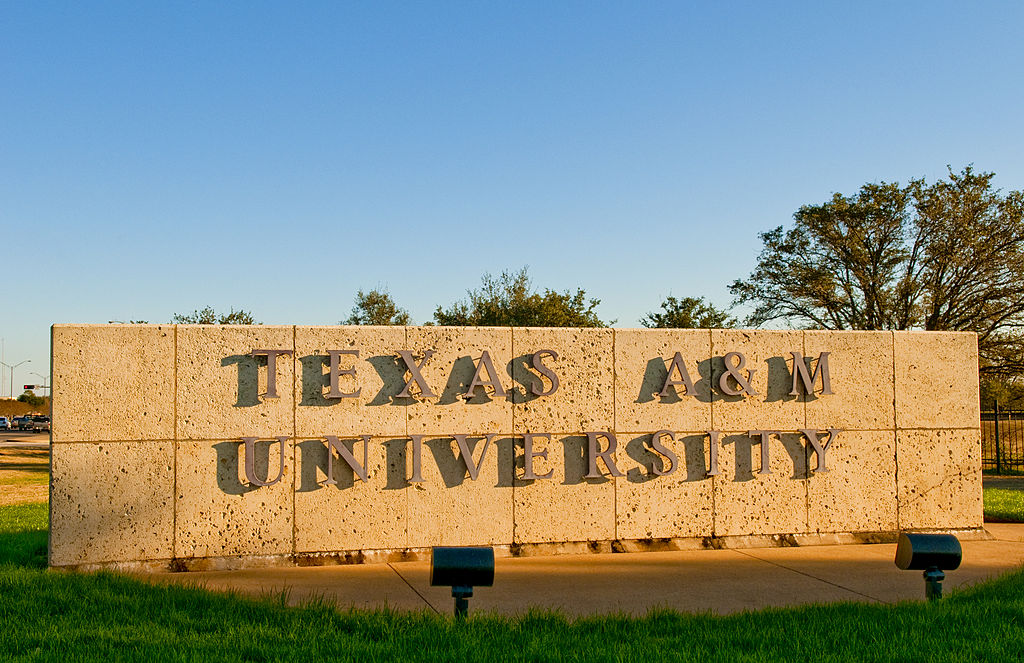Ideologues are rewriting the history and traditions of the University of Alabama.
A Conservative Classical College Board

We have no choice but to build anew.
As a conservative AP English teacher and AP Exam reader, I have something of a love-hate relationship with College Board.
On one hand, I love the rigor and standards of Advanced Placement classes. For students willing to work hard and make the most of their time in high school, AP classes are a great option that will challenge them and offer them a chance at earning college credit. Moreover, they find their community in AP, something especially critical in otherwise rundown public schools where the world outside the AP bubble is mired in crime and mediocrity—for all its cheesiness today, the eighties film “Stand and Deliver” actually captures this reality pretty well. Both as a student and teacher, I’ll always be grateful that AP was there for the kids who needed it.
On the other hand, the leftist bias in the curricula, along with progressive pedagogy that emphasizes skills over content, has tarnished the luster of College Board. In history courses, which seem to receive a makeover every few years, these problems are especially pronounced. In English, there’s been a noticeable shift toward diverse ethnic or racial voices, and there’s certainly a relativistic approach to texts featured in these courses (for example, students were asked to analyze a portion of Sonia Sotomayor’s memoir to demonstrate their knowledge of rhetoric). I do encounter teachers, usually from very progressive states, who take a progressive approach in their classes and score exam essays with this prejudice, but indoctrination isn’t implicit in the course curriculum itself.
In many ways, College Board is like an older liberal friend or colleague who’s a delight to talk to but has awful ideas about politics and economics. They’re not radicals—in fact in many ways, they’re quite conservative in their beliefs about character, civility, and education—but they will still uncritically consume radical leftist narratives about race, gender, and class and reliably vote Democrat.
So when I read about the new African American Studies AP course that College Board deployed to various schools across the country and the understandable reaction it provoked among conservatives like Florida Governor Ron DeSantis, nothing about it surprised me. College Board’s progressive leadership loves to project an image of diversity, equity, and inclusion (DEI), and creating a bona fide African American Studies course and exam signals its allegiance to the contemporary trend. More importantly, however, a spruced up image may help College Board resolve two new growing problems that threaten its business.
While it’s true that taking AP classes and scoring well on the SAT were simply a given for college-bound students in high school, this has changed in recent years. Many schools across the country have now teamed up with local colleges and universities to offer dual-credit courses that promise to do the same thing as AP classes. These courses sometimes require students to travel to a college campus, and they cost more than the AP exam. But an advantage for students is that these classes tend to be easier and guarantee credit on passing instead of putting all the weight on one exam they could very well fail. For a good portion of normally “AP students,” these advantages outweigh the disadvantage of what is essentially a lower-quality education.
Besides its competition with dual-credit programs, College Board has also had to deal with negative media coverage over its commitment to the principle of test-based performance, as well as the increasing number of colleges that are refusing to use the SAT for their admissions on the grounds that a high-stakes test is an inadequate measure of merit. Today’s progressive college presidents and professors could never endorse a company that seems to favor Asian and affluent white students over black and Latino students. College Board is forced to choose between appeasing equity reformers or merit-based traditionalists. It is not surprising that they have allied themselves with their friends in the woke academic mainstream.
Although conservatives have been sounding alarms about College Board’s political bias for years, Governor DeSantis’s explicit refusal to allow the African Studies course in Florida’s schools is the biggest rebuff the company has ever faced. And to DeSantis’s credit, College Board is revising the course so that it’s not indoctrinating students in identity politics and Critical Race Theory.
Unfortunately, as Joy Pullman notes in The Federalist, this compromise means little when all of College Board’s educational products are saturated with leftist bias and its process for writing new curriculum lacks transparency. Whatever else may be said of changing their new course to satisfy Florida’s laws, this doesn’t count as real accountability. Even without its radical elements, the class still sounds unnecessary, as though black Americans aren’t included in the existing English and History AP courses. And as Pullman rightly comments, “What we need instead are actually good classes, not crap classes given some lipstick and slapped on the kids.”
From where I’m standing, the only way forward from these excesses is to break College Board’s monopoly altogether by developing alternative advanced courses and exams that high school students could take for college credit. In pursuing a leftist agenda and trying to placate leftist radicals, College Board is daring conservatives to compete and deliver a better product. For their part, conservative scholars could take advantage of the wealth of instructional materials that College Board now deems problematic and insufficiently relevant. Students in these courses could cultivate a fuller picture of history, literature, and rhetoric as well as the various maths and sciences without being forced to adopt perfunctory leftist positions on each and every controversy.
What I have in mind is different from some of the current alternatives to College Board, like the ACT which competes with SAT or International Baccalaureate (IB) which competes with AP. Neither of these offer a comprehensive vision of education like College Board. Furthermore, IB is expensive, lacks standardization tests (they have a cumbersome audit system to maintain rigor), and is difficult to incorporate in typical course schedules for high schoolers.
Rather, I would propose building off the existing framework of classical academies and expanding their advanced offerings. Pete Hegseth and David Goodwin speak to this idea in their recent book Battle for the American Mind, in which they advocate for schools that exclusively offer content based on the Western canon and traditional, teacher-centered pedagogy that stresses regular assessments, lectures, and objective grades—as opposed to the student-based model that promotes progressive ideology and pedagogy that stresses group projects, relative standards, and arbitrary demonstrations of mastery. The courses of this Conservative Classical College Board (for lack of a better name) would have all the rigor and depth of the original College Board without the leftist nonsense that undermines the values and goals of most American families.
Naturally, like Hegseth and Goodwin, I realize that this dream of a classical conservative alternative to the current progressive system will easily take generations to come true. And for that reason, I will continue offering my talents teaching and scoring for College Board. Sure, I will work in my own small way to offer some balance to my students, score essays without bias, help new AP teachers, and recommend ways to improve their product. But without a real alternative, I have no other choice. Even a popular governor like Ron DeSantis has to work with College Board on fixing what amounts to a superfluous course that no one really wants to take.
How nice it would be if we could take our talents and our business elsewhere. If conservatives are truly serious about reforming education and fixing the culture, they’ll need to address this issue of advanced academics, along with pushing school choice, giving parents more control, and eliminating woke agendas in teacher trainings. These problems go deep. We have no choice but to dig even deeper and set a new foundation for a different kind of educational system altogether.
The American Mind presents a range of perspectives. Views are writers’ own and do not necessarily represent those of The Claremont Institute.
The American Mind is a publication of the Claremont Institute, a non-profit 501(c)(3) organization, dedicated to restoring the principles of the American Founding to their rightful, preeminent authority in our national life. Interested in supporting our work? Gifts to the Claremont Institute are tax-deductible.
The World Cup revealed wokeism’s Achilles’ heel.
Wokeness is threatening our nation's historic sites.
Sane Texans must act to remove all traces of DEI in the state.
Doctors must reject Big Pharma's soulless treatment model.
The governor of Florida is taking a firm hand to combat the spread of DEI in the state university system.






